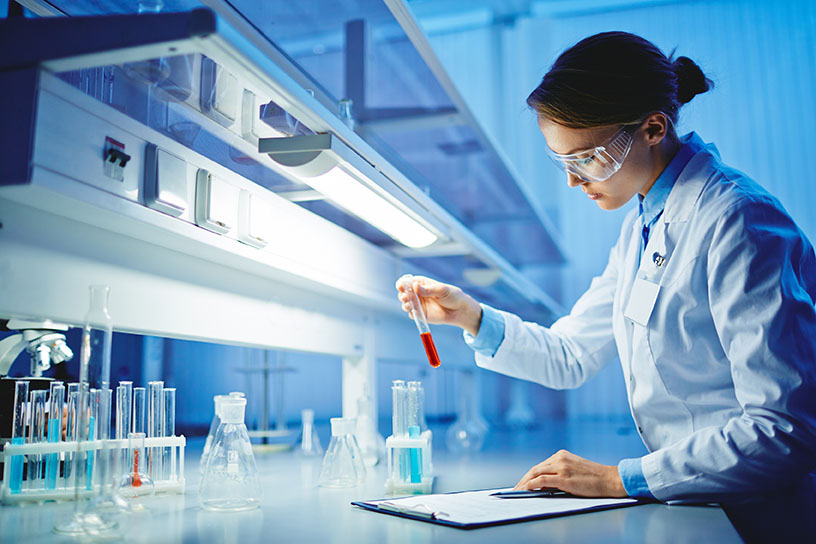
Back
biochemistry
Definition
Biochemistry is the study of the chemicals that make up living things. It looks at how these chemicals interact with each other and how they work together to keep living things alive.
Here are some of the things that biochemistry studies:
- The structure of proteins: Proteins are the building blocks of life, and they are made up of amino acids. Biochemistry studies how these amino acids are arranged to form proteins and how proteins function.
Proteins
- The function of enzymes: Enzymes are proteins that speed up chemical reactions in living things. Biochemistry studies how enzymes work and how they are regulated.
- The metabolism of cells: Metabolism is the process by which living things break down food and use the energy to stay alive. Biochemistry studies how metabolism works and how it is affected by different factors.
Metabolism
- Biochemistry is a complex and fascinating field of science, and it is essential for understanding how living things work.
How can the word be used?
The biochemists worked in a laboratory.

Different forms of the word
Noun: biochemistry.
Adjective: biochemical.
Adverb: biochemically.
Verb: to biochemicalise.
Etymology
The word "biochemistry" comes from the Greek words bios, meaning "life", and chemeia, meaning "chemistry". The word "biochemistry" first appeared in English in the late 19th century, and it refers to the study of the chemical processes that occur in living organisms.
Question
What is biochemistry the study of?